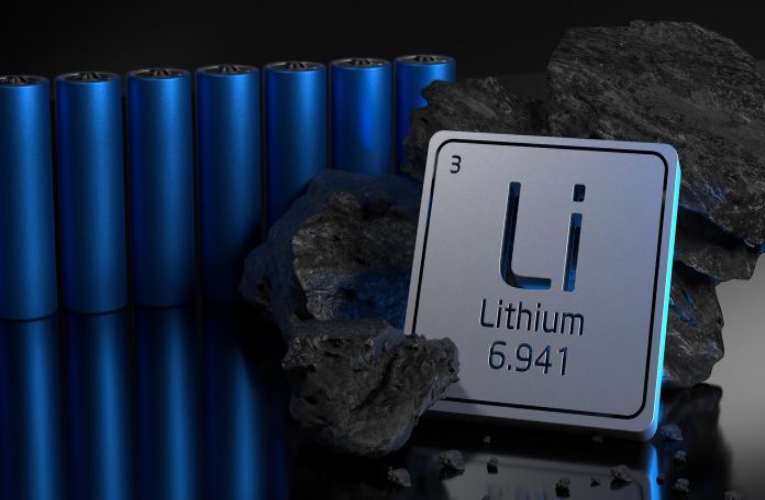
The discovery of high-grade lithium in the region will help the EV ecosystem to reach the people at a very low and affordable price
The unexpected finding of massive 5.9 million tonnes of top-notch lithium in Jammu and Kashmir has sparked an important debate about how the country can use this sudden discovery to beat countries like China, which is already dominating the global market of electric vehicles, smartphones, and other consumer electronic items. Until now, the nation was highly dependent on import of lithium-ion batteries because it lacks raw materials to produce battery cells. As per a report from international management consulting firm Arthur D. Little, from Hong Kong and China, around 70 percent of battery cell requirements are imported by India.
In an interaction with IANS, Pankaj Mohindroo, Chairman of The India Cellular and Electronics Association (ICEA) said, "A virtuous cycle seems to have set off with the massive growth envisaged in electronics manufacturing, solar equipment, advanced chemistry cells (ACC), EVs etc. Lithium is a critical raw material and its vast discovery is very good news. We have about 1-2 years to put the discovery into commercial production. That is when our processing and ACC industry will mature and start using lithium directly."
ACC batteries are the new and upcoming sophisticated storage technologies that helps storing electric energy as electrochemical and when needed it can be again converted into electric energy. Major industries are covered by ACC such as consumer electronics, mobiles, electric vehicles, advanced electricity grids, solar rooftop etc. Industry experts on the other hand added that the challenge is to convert Lithium into a commercially-viable resource. This is a herculean task because the government will have to invest a lot money and hire experts to carry out the same.
In a media interaction, Pratik Kamdar, Co-Founder, Neuron Energy told, "With the increased adoption of electric mobility in recent years, there is a huge demand for Li-ion batteries. The recent finding of 5.9 million tonnes of lithium in Jammu & Kashmir will significantly boost the sector. Currently, India is also progressing into cell manufacturing of batteries and it will provide the much-needed impetus to the sector as it will reduce the dependence on imports while also solving the supply-chain challenges as the country will have its own reserves of lithium."
This year, the Union budget has announced exemption of customs duty on imports of capital goods and machinery for manufacturing of li-ion cells for EV batteries and therefore, the discovery of high-grade lithium in the region will help the EV ecosystem to reach the people at a very low and affordable price. The government intends to grow EV sales in India to capture the markets of 30 percent of private cars, 70 percent of commercial vehicles and 80 percent of two and three-wheelers by 2030.

